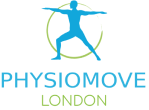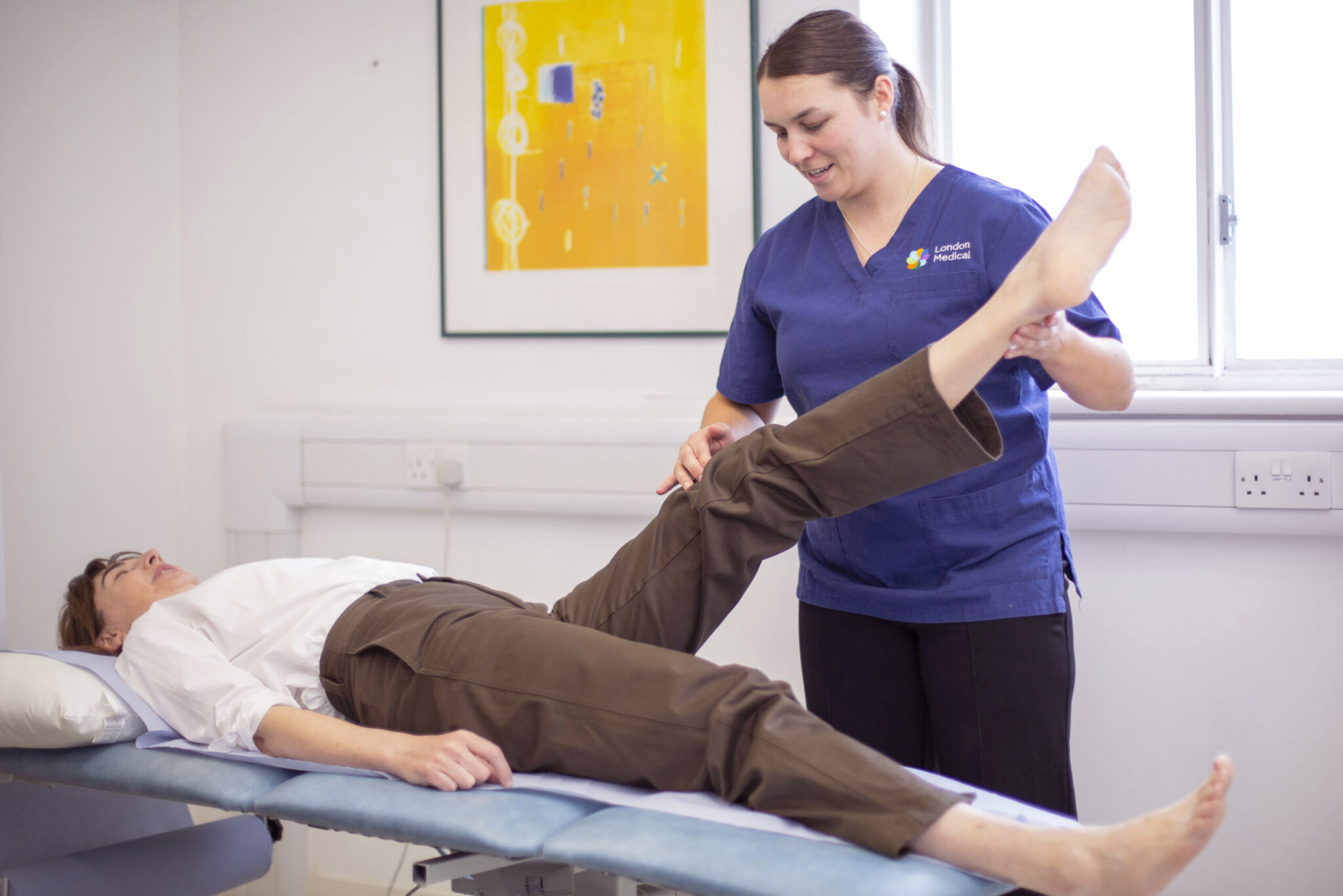Imagine this: you’re in your mid-40s, an active individual who enjoys playing football on the weekends or going for a run in the park. However, recently you’ve been experiencing sharp pain in your knee, making it difficult to engage in your favorite activities. If this scenario resonates with you, you might be one of the many individuals in the UK who have encountered a meniscal injury.
Meniscal injuries refer to damage or tears in the meniscus, which are C-shaped pieces of cartilage that act as shock absorbers between the thigh bone and shinbone. They provide stability, cushioning, and help distribute weight across the knee joint. Meniscal injuries commonly occur due to sudden twisting or turning movements, often seen in sports or activities involving rapid changes in direction.
According to a study published by the Journal of Orthopaedic & Sports Physical Therapy, Meniscal tears affect 60–70 per 100 000 of the population in the UK and account for 70 000 UK hospital admissions per year. With a prevalence of meniscal injuries among active individuals aged 40 to 60 in the UK, understanding the condition and its management becomes crucial for reclaiming an active lifestyle.
The management of meniscal injuries depends on various factors, including the severity of the tear, location, and individual circumstances. In less severe cases, conservative treatments such as rest, ice, compression, and elevation (RICE) can be effective in reducing pain and inflammation. However, for more complex or persistent tears, medical intervention may be necessary.
According to the National Health Service (NHS) guidelines, treatment options for meniscal injuries may include arthroscopic surgery, which involves trimming or repairing the damaged part of the meniscus. In situations where surgery is not necessary, injections can serve as an alternative treatment. Additionally, and also as part of post-operative rehabilitation, physiotherapy can play a crucial role in restoring knee function, reducing pain, and improving overall mobility.
The National Institutes of Health states that physiotherapy interventions for meniscal injuries may include targeted exercises to improve flexibility, strengthen supporting muscles, and enhance balance and stability. These exercises can be performed both in clinical settings and at home, so people can take an active role in their own recovery process.
A physiotherapist will design a personalised rehabilitation program to address specific goals and challenges. Treatment options may include:
- Range of Motion Exercises: Gentle exercises to improve knee flexibility and restore normal joint movement.
- Strengthening Exercises: Targeted exercises to strengthen the muscles around the knee, particularly the quadriceps and hamstrings, for improved stability and support.
- Balance and Proprioception Training: Exercises that enhance balance, coordination, and body awareness to reduce the risk of re-injury.
- Functional Training: Activities designed to simulate daily or sport-specific movements to restore function and confidence.
- Manual Therapy Techniques: Hands-on techniques such as soft tissue mobilization, joint mobilization, and massage to improve tissue healing, reduce pain, and restore mobility.
- Education and Lifestyle Modifications: Guidance on posture, ergonomics, activity modification, and techniques to prevent further knee injuries.
In conclusion, meniscal injuries can be debilitating and significantly impact one’s quality of life. Whether caused by sports activities, accidents, or degenerative changes, understanding the condition and seeking appropriate treatment is essential for recovery.
If you’re experiencing symptoms of a meniscal injury or have recently been diagnosed, don’t hesitate to take the next step to get back in the game. Book a consultation with our experienced team at Physiomove London today. Our dedicated professionals will assess your condition, develop a tailored treatment plan, and guide you through the rehabilitation process.
Don’t let a meniscal injury hold you back – take charge of your recovery and start your healing journey today.


